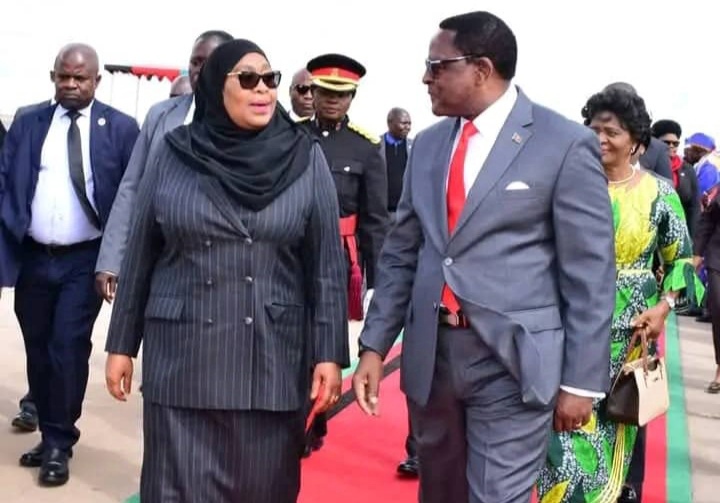From Anti-Corruption to Media Sensation: Has the EFCC Lost Its Way?

By Dr John Inalegwu, Political Analyst, Abuja
The Economic and Financial Crimes Commission (EFCC) has invited journalists to another media conference, set for Thursday, October 31, 2024, at 9:30 am at its headquarters. While the EFCC has promised updates on its recent activities, critics are questioning whether the agency is becoming more of a publicity machine than an anti-graft body, calling into question its commitment to its primary mission.
Concerns have been mounting over what some describe as the EFCC’s obsession with public perception. Instead of diligently investigating and prosecuting financial crimes behind the scenes, the agency has increasingly opted to engage in “media trials.” This strategy, often involving publicising cases before thorough investigations are complete, has raised questions about political motives. Many argue that this approach suggests an interest in shaping public opinion rather than adhering to due process. This kind of public shaming, particularly aimed at high-profile figures, has led many to wonder if the EFCC is straying from its original purpose in favour of sensational headlines.

Unlike professional bodies, which conduct investigations ethically and discretely, the EFCC’s approach often comes across as selective and potentially biased. Experts believe that the agency’s penchant for public displays and press releases may be compromising its credibility. True anti-corruption work, they argue, is grounded in impartiality, consistency, and a commitment to justice, not spectacle. In contrast, the EFCC’s media-driven actions leave it vulnerable to accusations of political bias, creating a perception of the agency as a tool for targeting particular individuals, rather than a force for fighting corruption in Nigeria.
Comparisons have been drawn with international anti-graft organisations, like the UK’s Serious Fraud Office, which conducts investigations privately and refrains from discussing cases publicly until evidence is clear. By contrast, the EFCC’s approach has been to hold frequent press conferences, often turning preliminary investigations into media events that linger in public opinion long before any official verdict. This method not only risks damaging reputations without proper basis but also calls the agency’s motivations into question, especially when cases seem to centre on high-profile figures connected to political opposition.
With each new media event, the EFCC faces increasing scrutiny over its tactics and accountability. As the agency continues to prioritise press events, Nigerians are left asking whether the EFCC has sacrificed its anti-graft mission for the lure of the spotlight. For an agency tasked with upholding justice and fighting corruption, a return to professionalism and impartiality seems critical if it hopes to regain public trust and effectively address Nigeria’s complex corruption issues.
Disclaimer
This article is purely the opinion of the writer, it does not in any way reflect the image of African Culture TV.
categories
recent posts
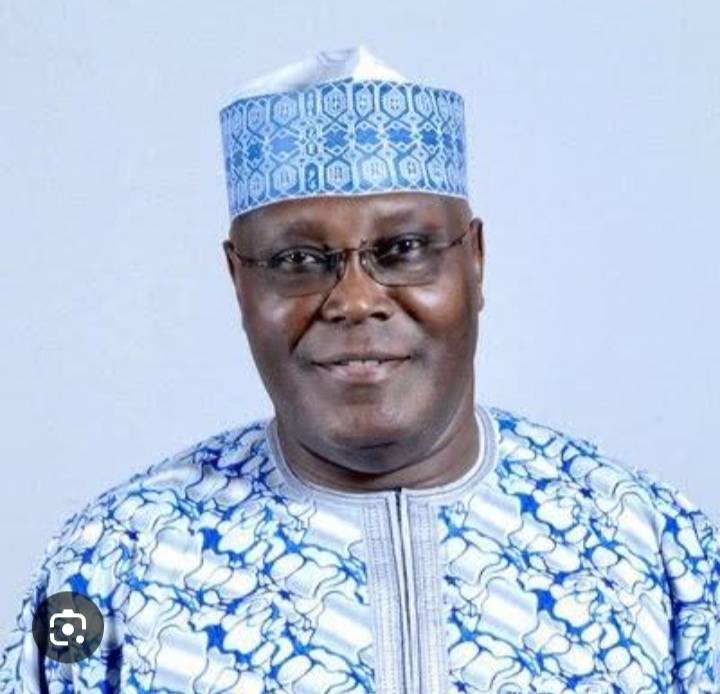
NIGERIA: ‘Coming Political Battle Not APC Versus PDP, Or LP Versus APC’ – Atiku
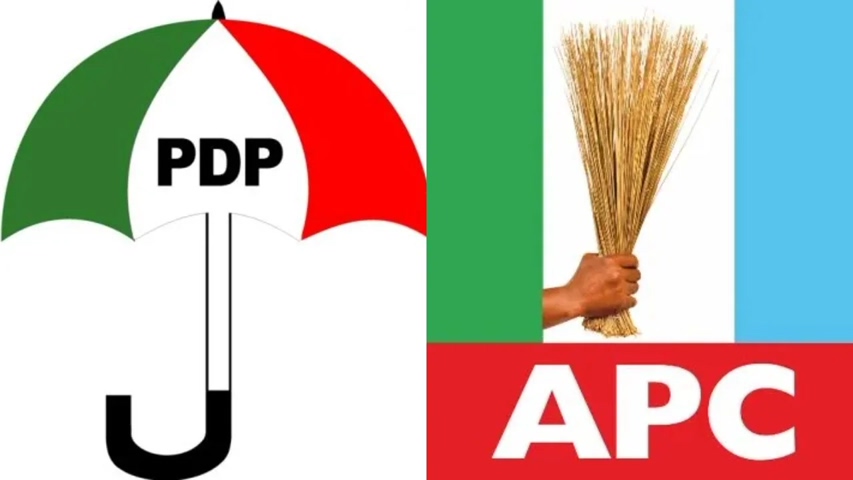
Praises And Panic: APC Sees PDP Chairman’s Endorsement Of Gov Mutfwang As Cry For Relevance
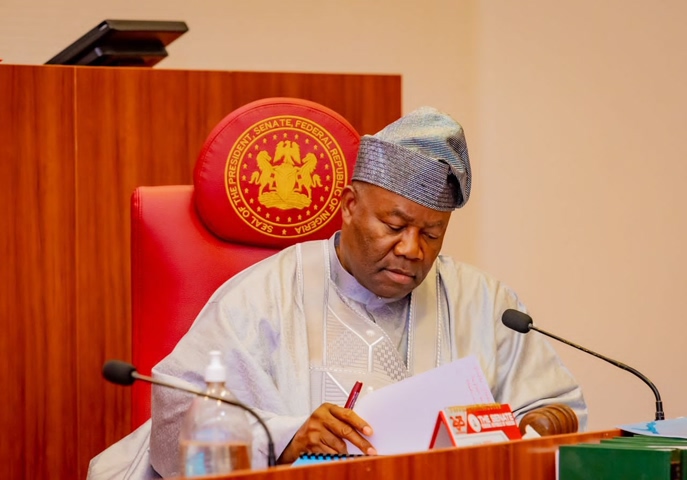
NIGERIA: Akpabio Leads Nigerian Delegation To Vatican For Pope Francis’ Funeral
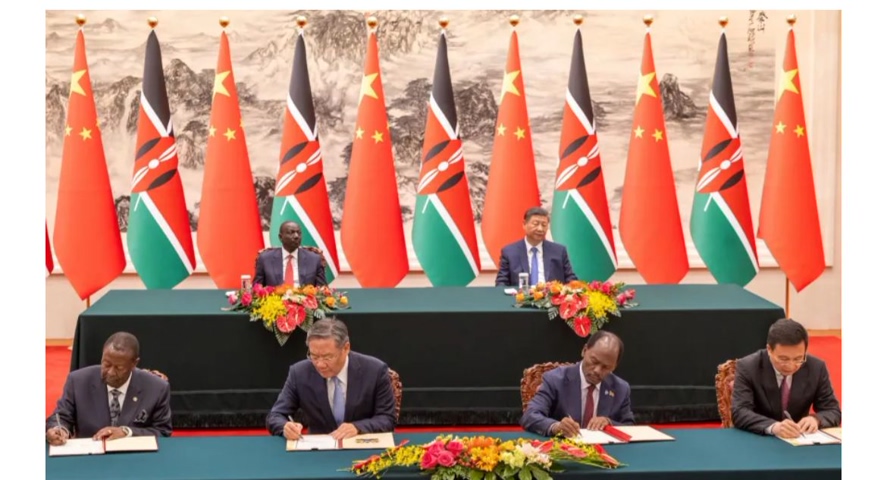
Kenya Secures Major Economic And Infrastructure Deals During Ruto’s State Visit To China
